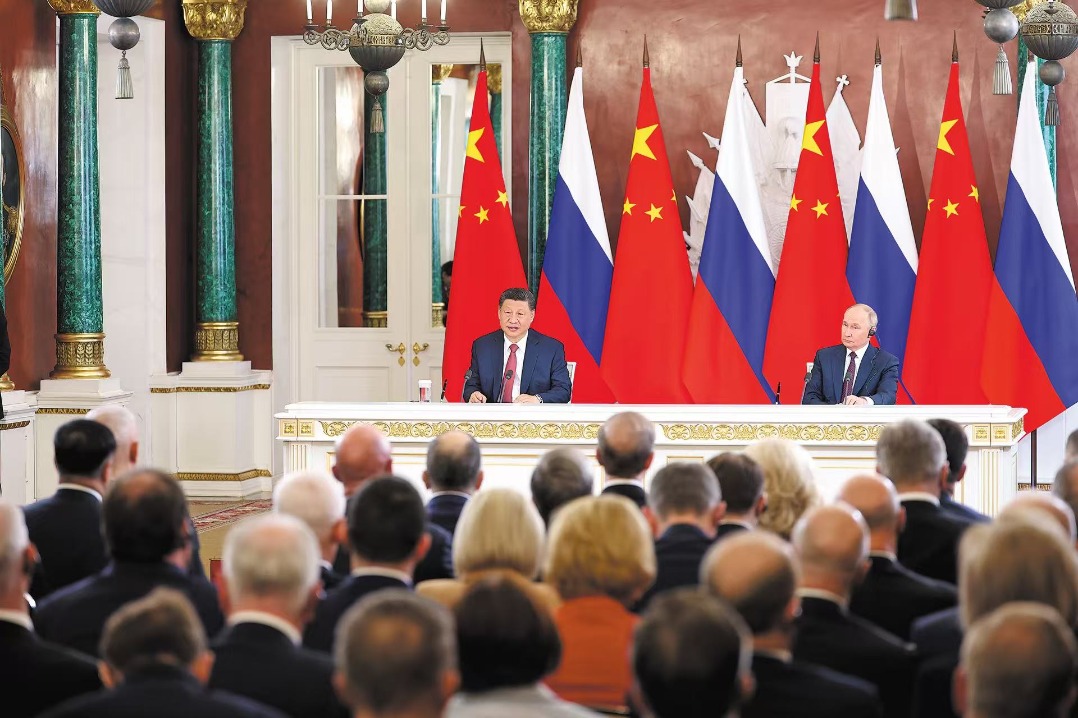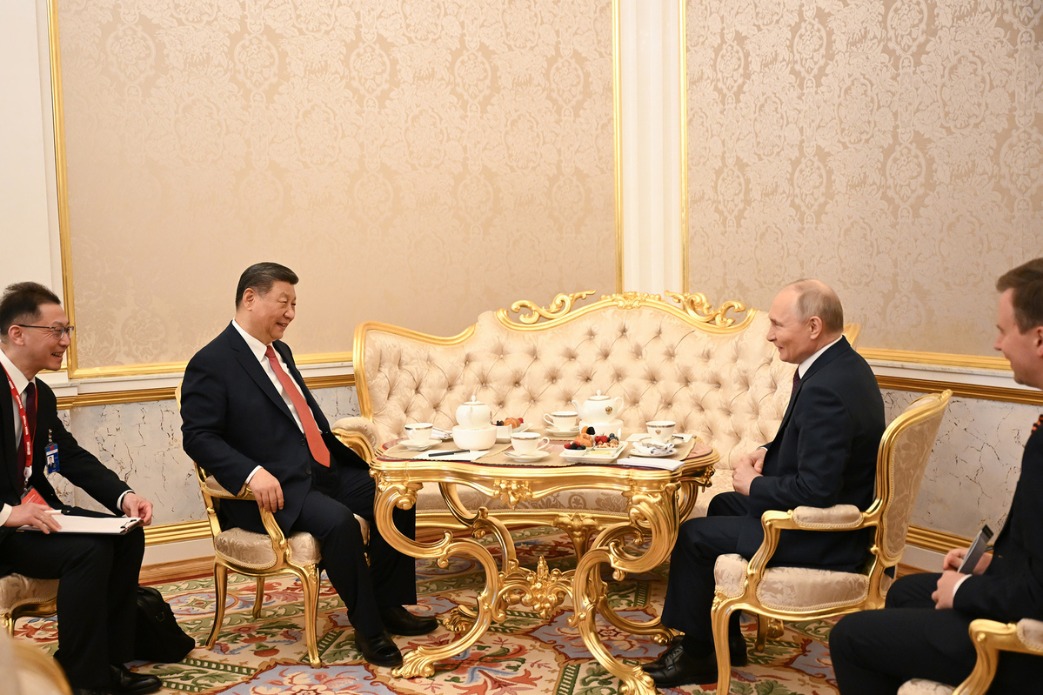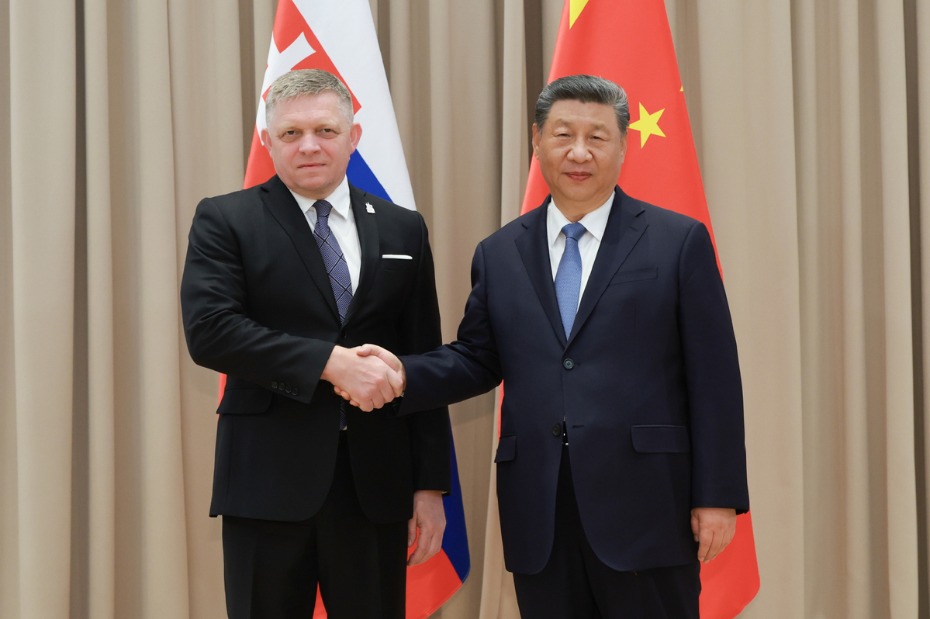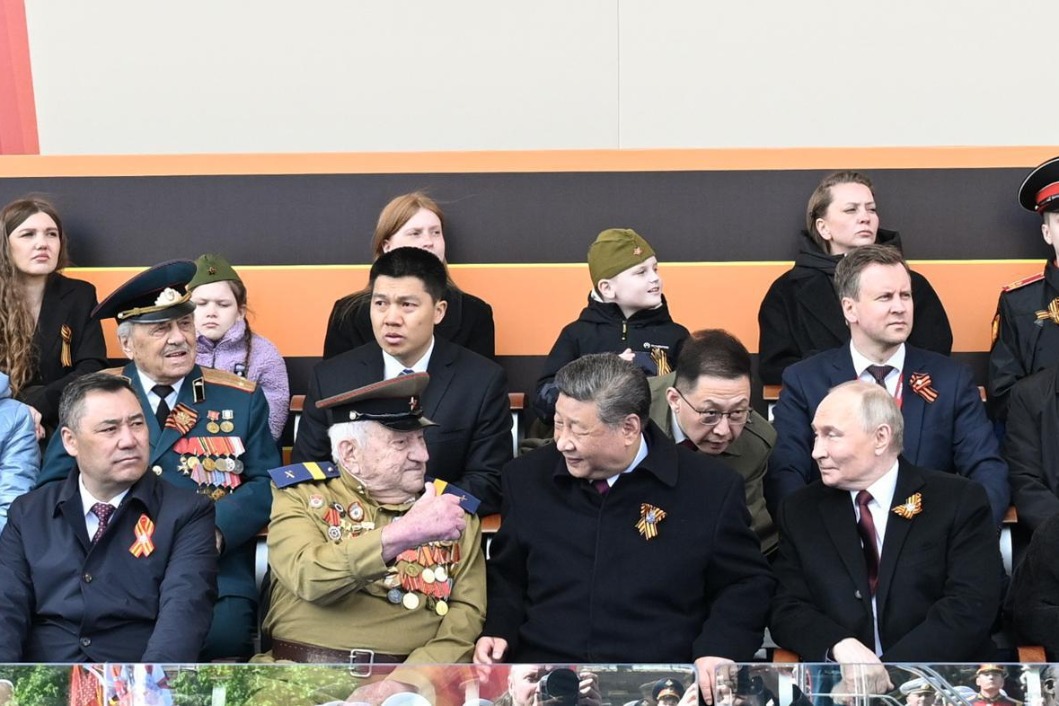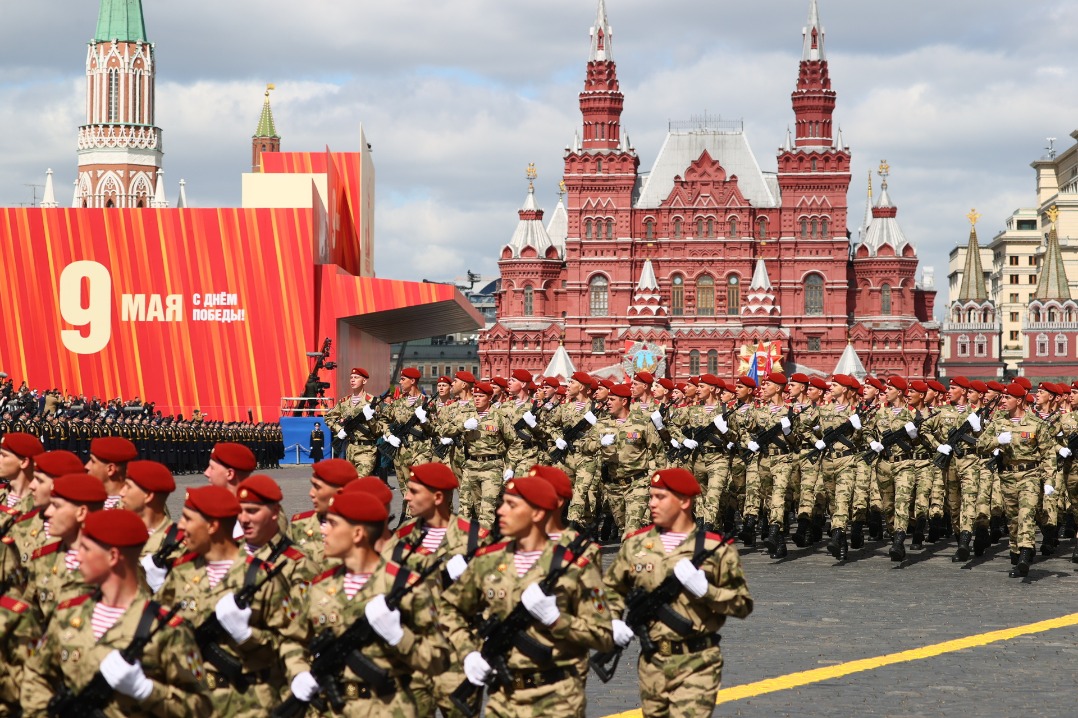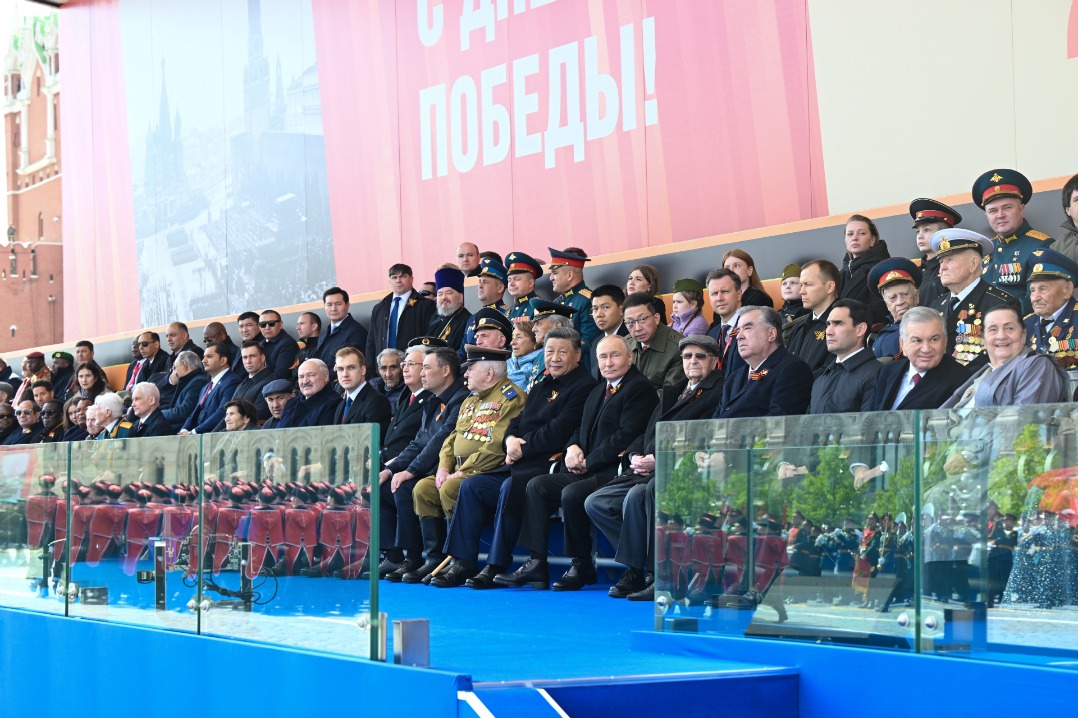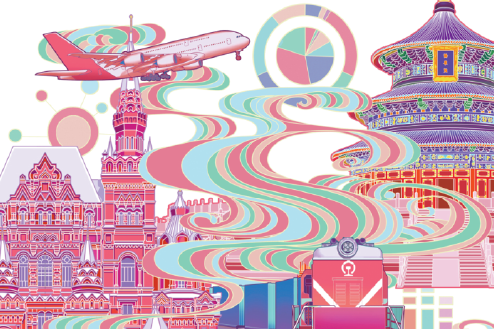Unity for inclusion


SHI YU/CHINA DAILY
A reinvigorated global governance system is vital to effectively address common challenges
Editor's note: The world has undergone many changes and shocks in recent years. Enhanced dialogue between scholars from China and overseas is needed to build mutual understanding on many problems the world faces. For this purpose, the China Watch Institute of China Daily and the National Institute for Global Strategy, Chinese Academy of Social Sciences, jointly present this special column: The Global Strategic Dialogue, in which experts from China and abroad will offer insightful views, analysis and fresh perspectives on long-term strategic issues of global importance.
Geopolitical conflicts and global challenges such as the global economic slowdown, high inflation, supply chain disruptions and rising debt have destabilized economies, with developing countries hardest hit.
Consequently, development gains have witnessed a setback, and progress toward achieving the Sustainable Development Goals is jeopardized. According to the World Bank's annual report 2024, around 700 million people live in extreme poverty on less than $2.15 per day.
The Global Development Report launched by the Center for International Knowledge on Development emphasizes that the world is in a state of profound transition. The path toward achieving the 2030 Agenda for Sustainable Development remains uncertain. Progress on the SDGs has not kept pace with the demands of an increasingly interconnected and fast-changing world.
In a world increasingly defined by division, strengthening multilateralism is paramount. The report calls for a reinvigorated global governance system. A rules-based international order, one that respects the interests and development paths of all nations, is the key to addressing the complex challenges we face. Developing countries must unite to ensure that global trends in handling global challenges are inclusive and sustainable.
The Global South faces numerous obstacles to development, including slow growth, rising debt, deepening inequalities, climate change impacts, limited access to technology, and inadequate financing. Social development, too, is at a crossroads. While there have been notable advancements in education and healthcare, persistent disparities in access to quality services continue to affect vulnerable populations, particularly in the Global South.
Faced with these challenges, initiatives launched by the Global South, such as the African Continental Free Trade Area and the Belt and Road Initiative, significantly foster collaboration among developing countries. By sharing knowledge, technology and resources, nations of the Global South can more effectively address common challenges. Only through relevant partnerships can we hope to bridge development financing gaps and achieve the SDGs.
The BRI has provided African countries with crucial funding for infrastructure projects that would have been difficult to finance independently. Agreements with China have led to the construction of key infrastructure projects, such as ports, roads, railways and power plants, deemed essential for enhancing intra-African trade and facilitating trade with global markets. For example, the Mombasa-Nairobi Standard Gauge Railway in Kenya, a $3.6 billion project financed by China, has significantly boosted the movement of goods and people between key economic centers. Such projects not only strengthen internal trade but also improve Africa's connectivity with international markets, fostering broader economic integration.
Beyond infrastructure, the BRI has expanded African access to new export markets. This diversification of trading partners has benefited African countries by reducing their reliance on their traditional markets — Europe and the United States.
Relations between Egypt and China have developed over the past decade, witnessing many major milestones. The relations between the two countries were promoted to the level of a comprehensive strategic partnership in 2014 to consolidate bilateral relations. In 2016, Egypt joined the BRI; it was at the forefront of countries that joined the BRI, since it is consistent with Egypt's policies and goals.
In cutting-edge science and technology, Chinese companies have participated in constructing the Egyptian Satellite Assembly, Integration and Test Center. China has provided Egypt with advanced satellite technology and facilities, helping Egypt develop in the aerospace field. Furthermore, it has provided technical support for Egypt's digital-related industries, such as communications, navigation and remote sensing, promoting Egypt's digitization process and enhancing its technological competitiveness.
From 2014 to 2024, real estate was the most attractive sector for Chinese investment and construction contracts in Egypt, reflecting China's significant interest in real estate projects to boost urbanization, economic development and international partnerships in major cities worldwide. The real estate sector is followed by the energy sector. These energy investments have been injected into renewable energy, oil and gas projects.
The energy sector development under the BRI in Egypt has significantly reinforced the country's energy capacity, particularly through investments in renewable energy sources such as solar and wind. Guided by the Integrated Sustainable Energy Strategy, Egypt aims at increasing the electricity supply generated from renewable energy to 42 percent by 2035. To achieve its goals, the government has prioritized national investments to secure energy supply, ensure fiscal sustainability, and improve the regulatory framework.
China's commitment to infrastructure development that improves connectivity and trade routes aligns with the BRI's goals of building ports, railways and highways that facilitate the movement of goods and people across borders. Key projects in Egypt, such as the New Administrative Capital's Central Business District, the Light Rail Transit and the Suez Canal Economic Zone, demonstrate the depth of China-Egypt collaboration. These initiatives, including the Chinese-led TEDA industrial zone within the Suez Canal Economic Zone, aim to enhance connectivity, trade and industrial growth in alignment with the BRI's vision of facilitating global trade and regional integration.
Let us move forward with a shared commitment to the ideals of the 2030 Agenda for Sustainable Development, knowing that through unity and cooperation, we can overcome the challenges that lie ahead and create a better future for generations to come.
The author is an assistant to the prime minister of Egypt and chairman of the Egyptian Cabinet Information and Decision Support Center. The author contributed this article to China Watch, a think tank powered by China Daily.
The views do not necessarily reflect those of China Daily.
Contact the editor at editor@chinawatch.cn.
















